If 2020 has taught us anything it’s, be prepared for the unpredictable.
Purely from an automotive point-of-view, this year has seen the shocking news that Holden will cease to exist. It’s proof that no brand, however strong their image and reputation has been in the past, is guaranteed survival.
Late in 2019, Infiniti, despite the backing of Nissan, had decided to give up on the Australian market, while more recently, Honda announced it is reorganising its business in the wake of steeply declining sales.
We’re now a quarter of the way into the year and sales are down just over 13 per cent across the market, but, unfortunately, the worst is yet to come for many as the market braces for the impact of the coronavirus.
Many brands are recording double-digit sales declines so far in 2020, but while some are large enough to survive the hit and carry on (such as Mitsubishi and Renault that are 34.3% and 42.8% down in sales year-on-year), others may not be so lucky. A large sales drop for a brand with a low annual sales figure may leave those small brands at a crossroads for 2021 and beyond. So, we’re taking a look at five brands that may suffer a harder 2020 than most.
It’s important to note, this story isn’t meant to be a comment or critique on the quality of the vehicles offered by these brands, simply it is an analysis of the sales trajectory they are on.
All figures are taken from the Federal Chamber of Automotive Industries March VFACTS data.
Alpine
Total sales in 2019 - 35
Total sales to the end of March 2020 - 1, down 85.7% year-to-date
.jpg)
At this rate Renault’s French sports cars spin-off is on track to sell just four examples of its excellent coupe in 2020. A sales decline is nothing unusual for a sports car, even one as good as the A110, with even the popular Ford Mustang and Mazda MX-5 hitting inevitable declines over their lifescycles.
But the Alpine is a very particular product from a niche sub-brand that has likely reached most of those who really appreciate the appeal of what the A110 represents, so it’s likely sales will just trickle along for now. Fortunately, as a niche sports car and a Renault sub-brand, Alpine doesn’t need to invest thousands in dealer stock and can instead operate on an order-only basis to keep it alive - assuming more buyers can be found.
Alfa Romeo
Total sales in 2019 - 891
Total sales to the end of March 2020 - 187, down 26.4% YTD
.jpg)
It’s safe to say the Italian brand’s relaunch has not gone to plan. As impressive as the Giulia sedan and Stelvio SUV are (and they have received plenty of critical praise), they have failed to resonate with buyers in significant numbers.
Alfa Romeo has sold just 85 units of the Stelvio in the first three months of 2020, well off the pace of the rivalling Mercedes-Benz GLC (1178 sales) and BMW X3 (997 sales) over the same period in 2020.
The Giulia is faring worse with only 65 sales YTD, meaning it’s being out-sold by the discontinued Infiniti Q50 and well behind its would-be rivals, the Mercedes C-Class, BMW 3-Series and Audi A4. However, in its defence, it is doing better than the Genesis G70 and Volvo S60.
At its current sales rate, Alfa Romeo is on track to sell approximately 650 vehicles in Australia in 2020. With question marks also being raised late last year over Fiat Chrysler Automobiles’ supposed decision to cut funding to the brand’s development and focus on the new Tonale SUV, there is good reason for Alfisti to be alert, if not alarmed.
Citroen
Total sales in 2019 - 400
Total sales to the end of March 2020 - 60, down 31% YTD
.jpg)
The French brand has always been a small, quirky fish in the big pond of the Australian car market. While it has ticked at a slow and steady pace for several years, it doesn’t have a lot of margin to take a big hit. And that’s what has happened already in 2020, a 30 per cent sales decline, selling just 60 cars in the first three months of the year.
That puts Citroen on a trajectory to sell somewhere between 240 and 270 new vehicles this year. Even as a niche player, those kinds of numbers make it hard to justify its place in the Australian market. In fact, Citroen has sold less cars than Ferrari has managed in 2020.
On the positive side, the arrival of the C5 Aircross does give it an entry into the popular mid-size SUV market and adds incremental sales. Another glimmer of hope is that sister-brand Peugeot is actually enjoying a strong start to the year, with its sales actually up 16 per cent on the back of the new Expert commercial van and 2008 run-out deals.
Fiat/Abarth
Total sales in 2019 - 928
Total sales to the end of March 2020 - 177, down 45.4% YTD
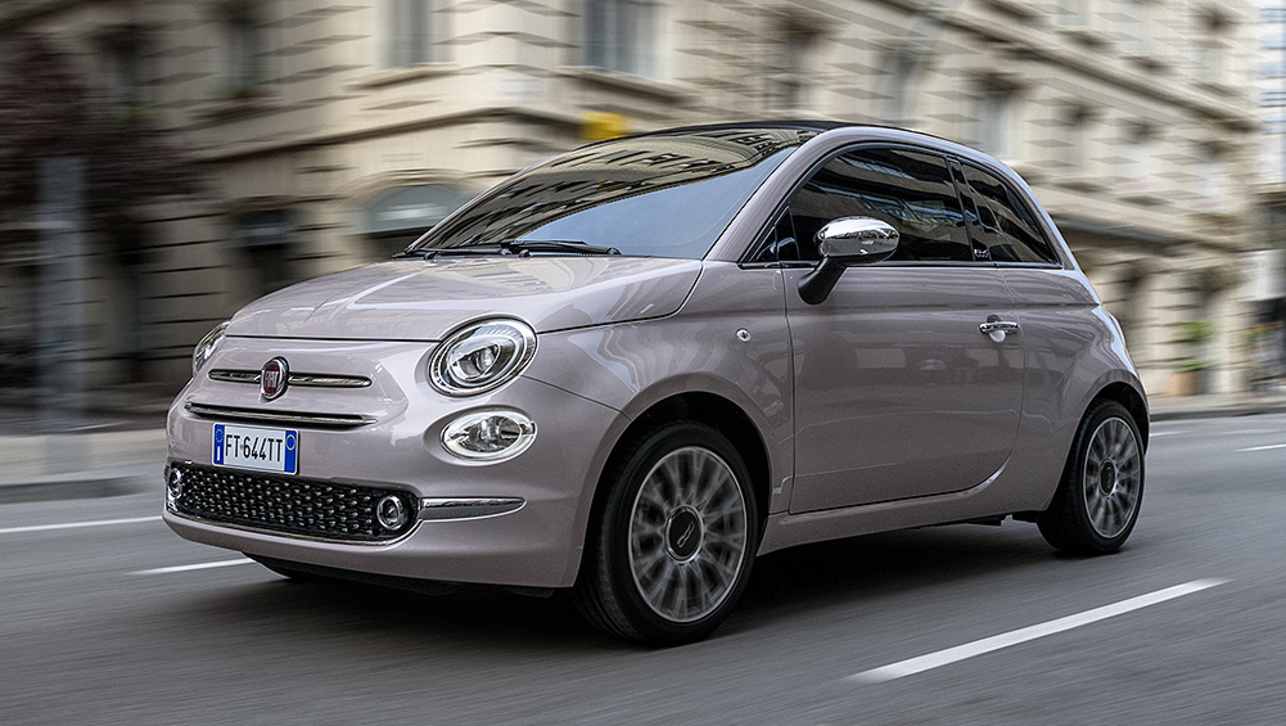
With the current 500 city car coming to the end of its lifecycle and the new, electric version not-yet-confirmed for Australia, there are plenty of questions surrounding Fiat’s future.
But in the short-term, the brand is experiencing a very difficult start to 2020 with sales down more than 45 per cent, putting it on pace to sell (somewhat ironically) approximately 500 cars this year. While there’s a certain symmetry to the sales figure matching the car name, it doesn’t bode well for a healthy future for the storied Italian brand.
The Fiat 500, and go-fast Abarth hot hatch range, has found just 122 new homes so far in 2020, while the 500X (25 sales) crossover and Abarth 124 Spider (30 sales) have also contributed to the brand’s bottom line.
While Fiat Chrysler Automobiles (FCA) Australia hasn’t made any official comment on the future of the 500, it may be waiting for a global announcement of a possible petrol-powered new-gen version before it can commit to its future publicly.
Jaguar
Total sales in 2019 - 2274
Total sales to the end of March 2020 - 442, down 38.3% YTD
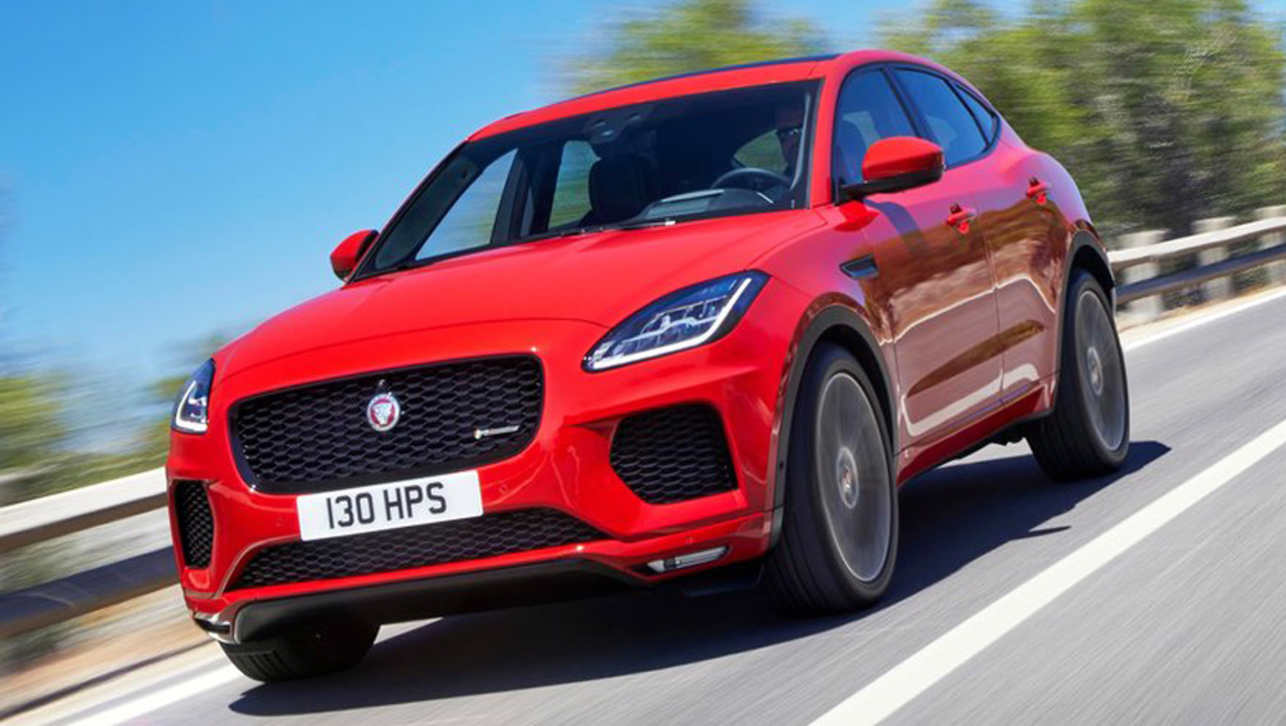
Of the brands listed in this piece, the leaping cat is by far the strongest positioned. With more than 2200 sales in 2019 it is working from the highest base, but it has still taken a big hit in the opening few months of the year.
With an almost 40 per cent sales drop to the end of March, the British brand is on course to sell less than 1400 vehicles during the year, not helped by the winding down of the XJ and its ageing XF sedan. The introduction of the updated, slimmed down F-Type range may provide a boost but it’s still a niche product.
Even sister-brand Land Rover isn’t immune to trouble, despite its appealing SUV range, with sales down more than 20 per cent in 2020.
Of more concern long-term is the overall health of the Jaguar Land Rover (JLR) business, with the global operation has been losing money and cutting jobs as it tries to sure up its future by saving £2.5 billion. While nothing should ever be taken for granted, the British firm has a history of finding ways to survive, even in difficult times.











.jpg)
.jpg)
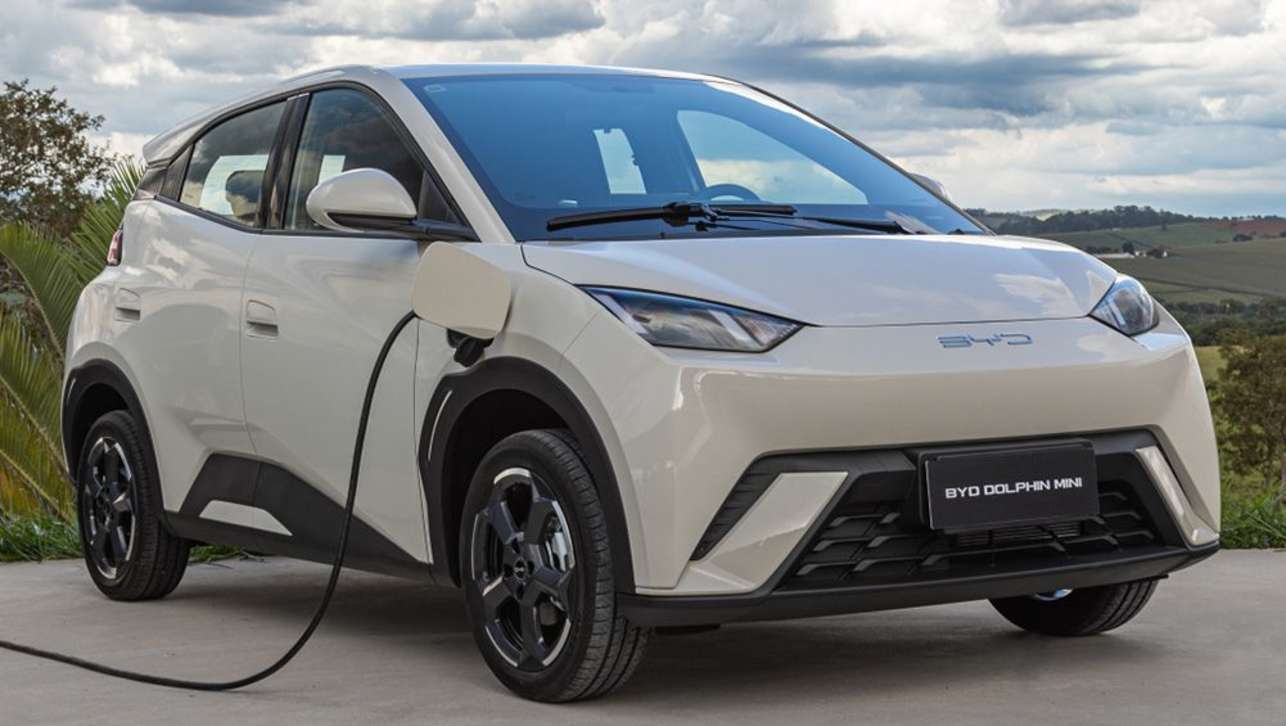
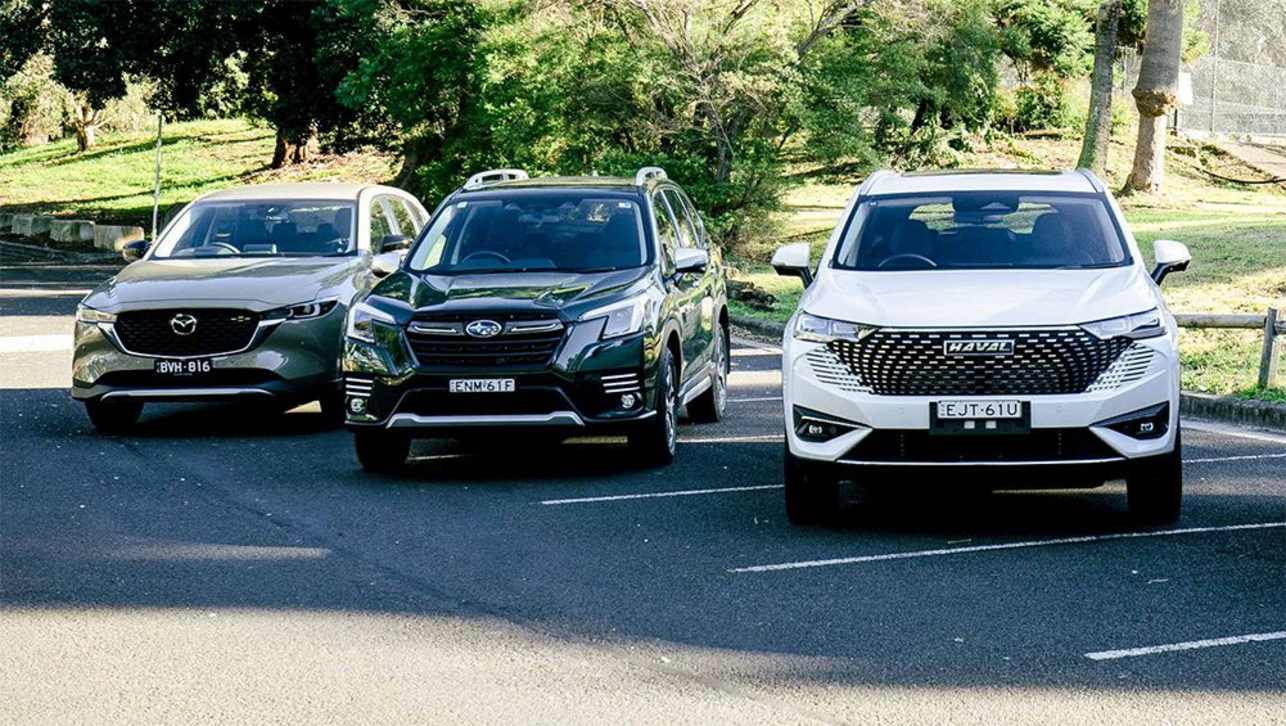
.jpg)
.jpg)
.jpg)


.jpg)

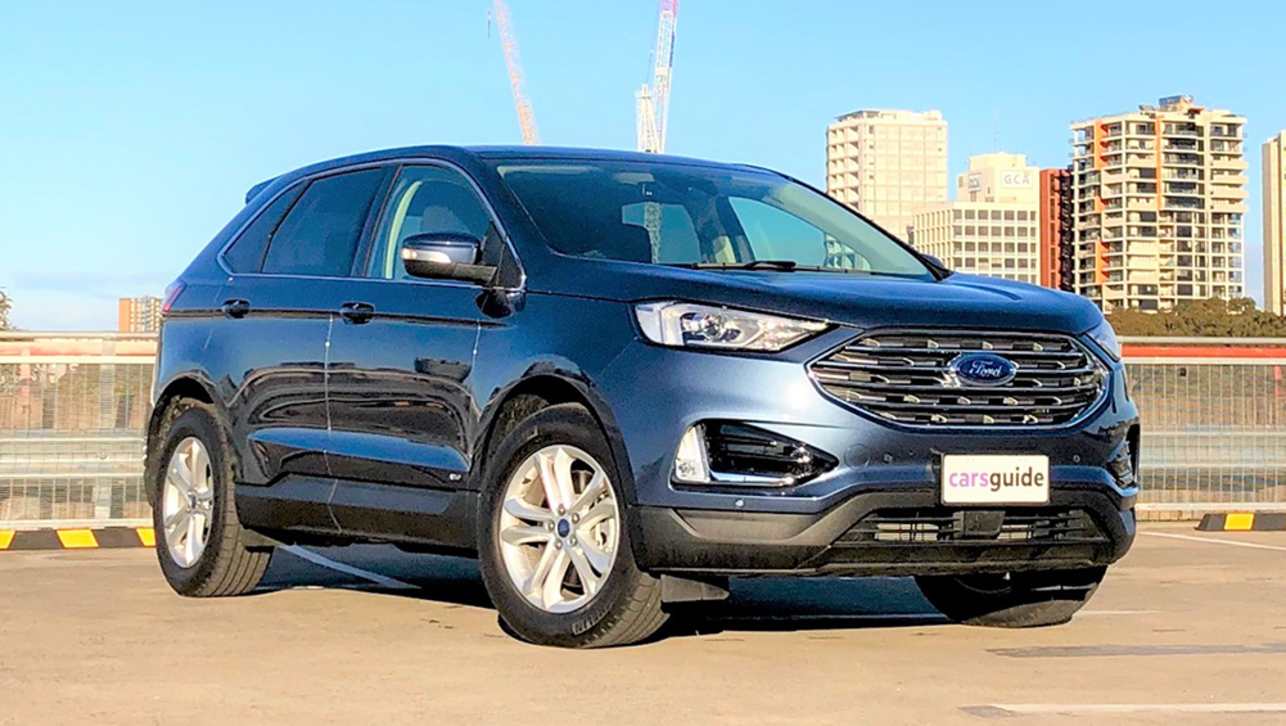


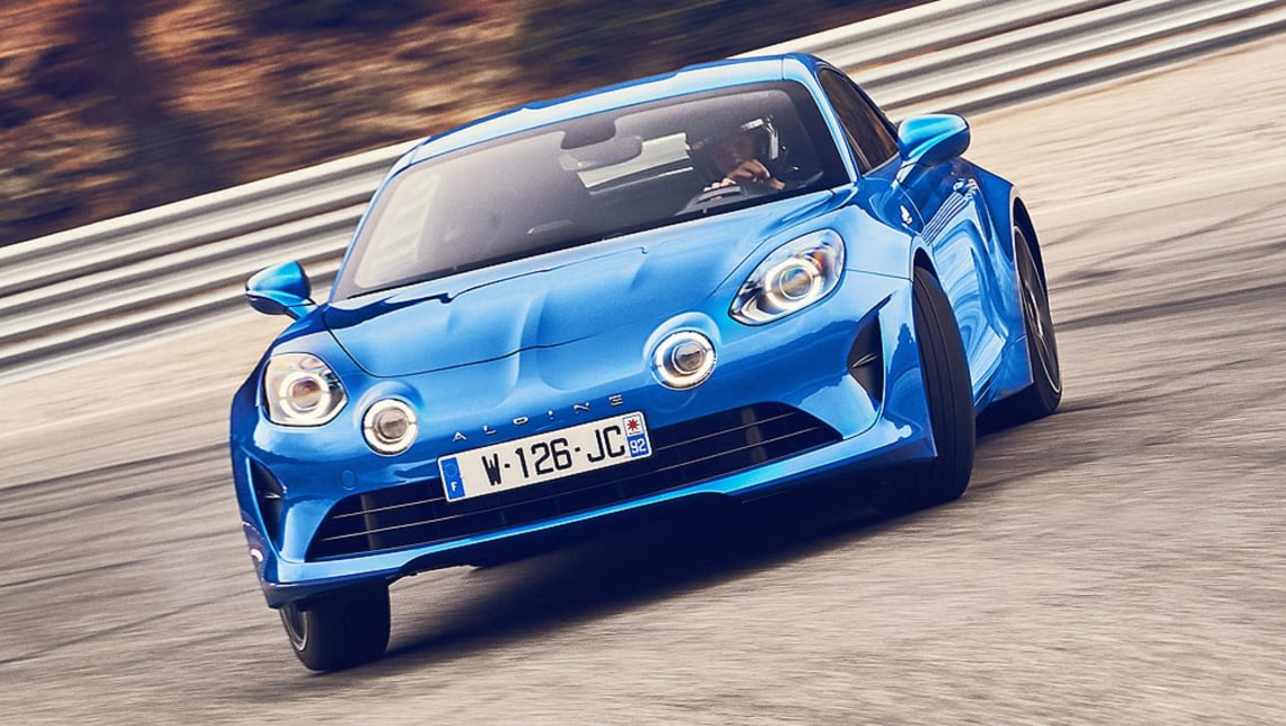
.jpg)

.jpg)


Comments